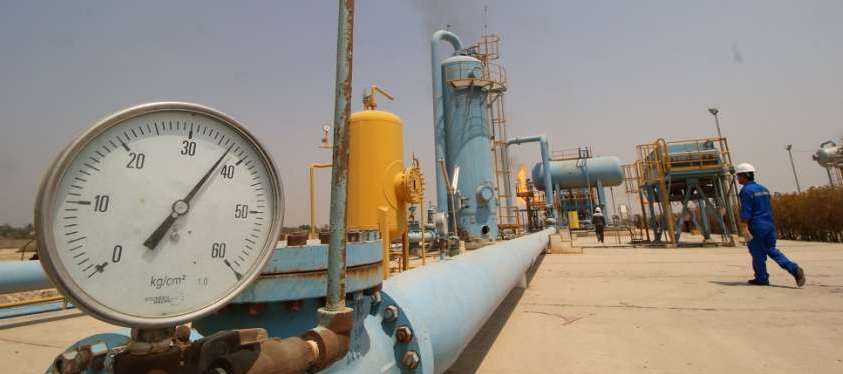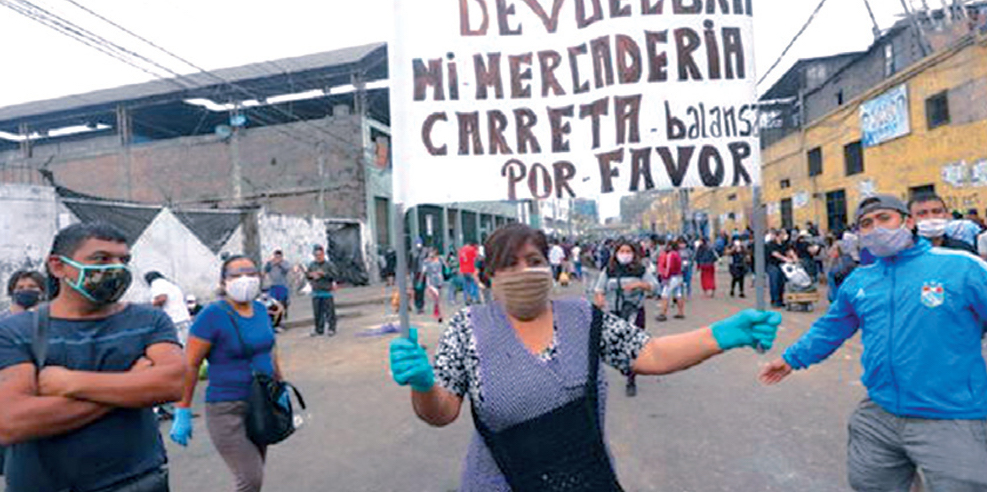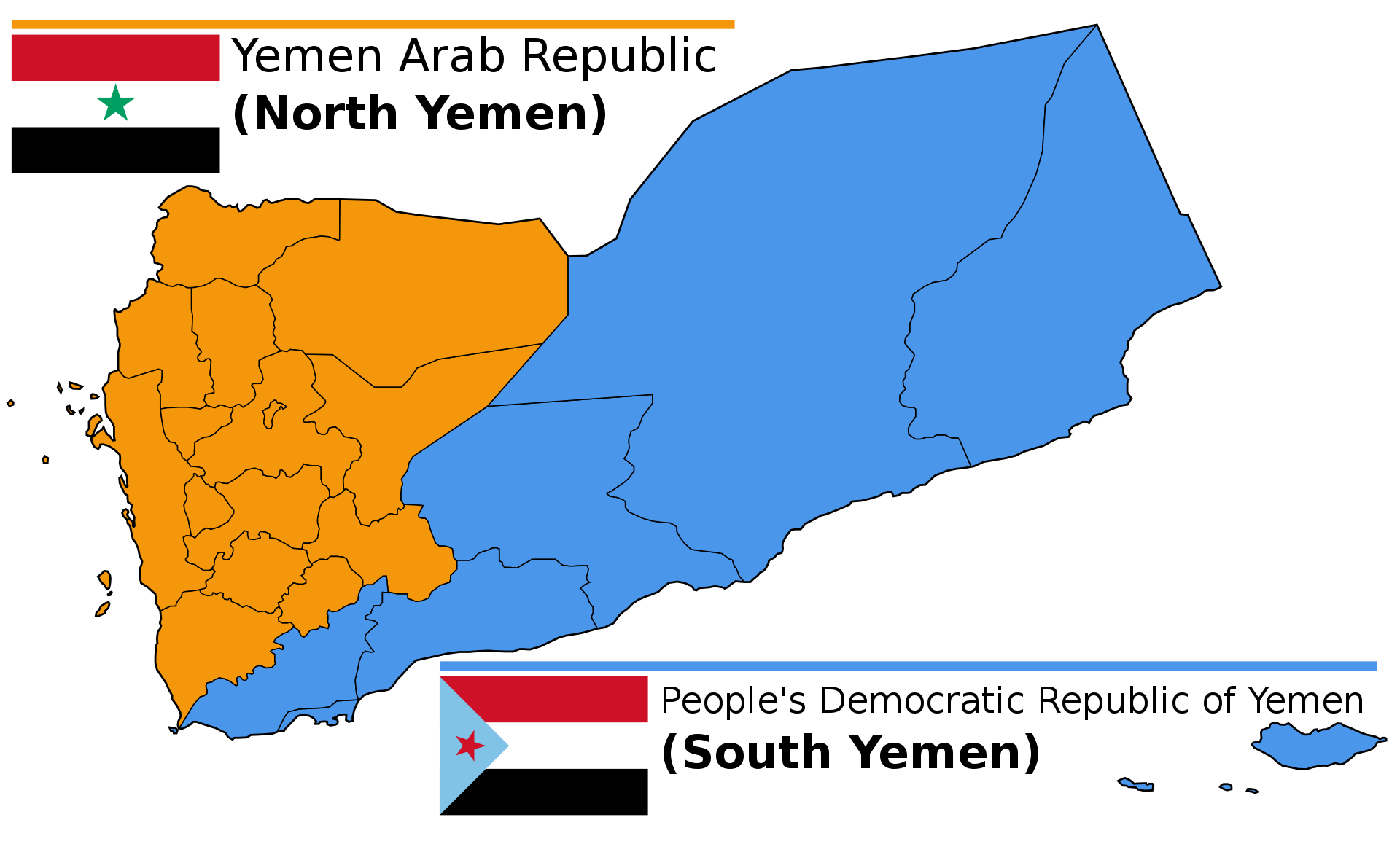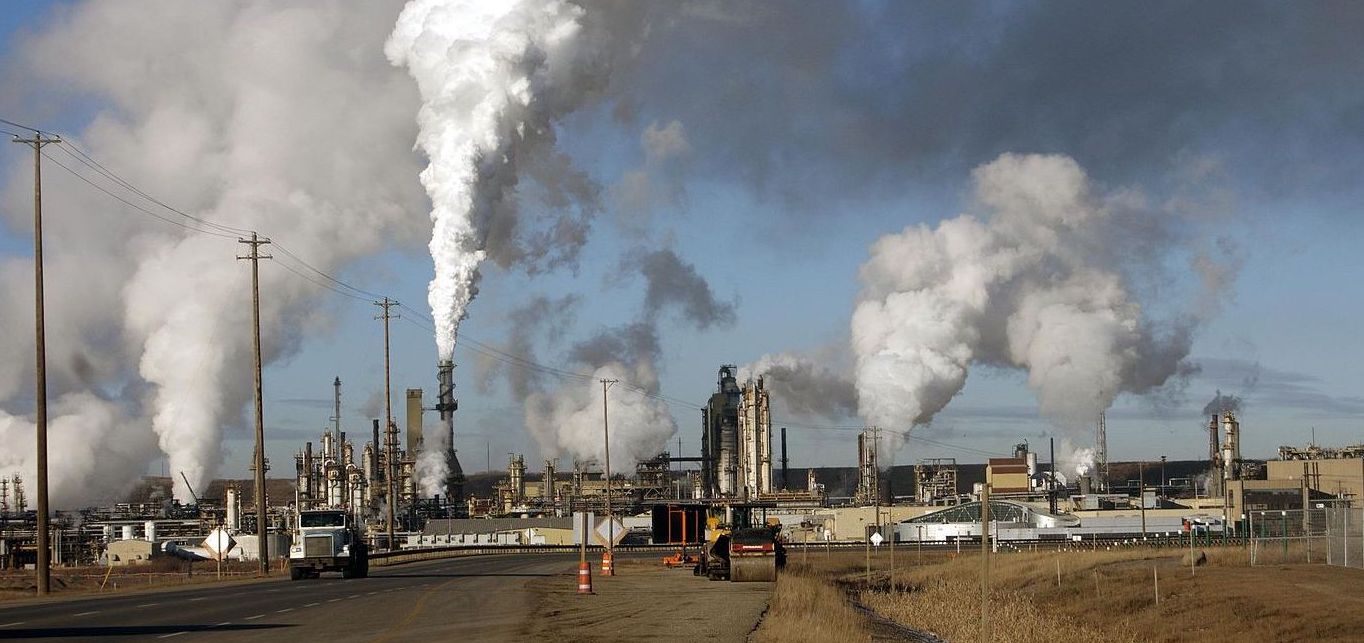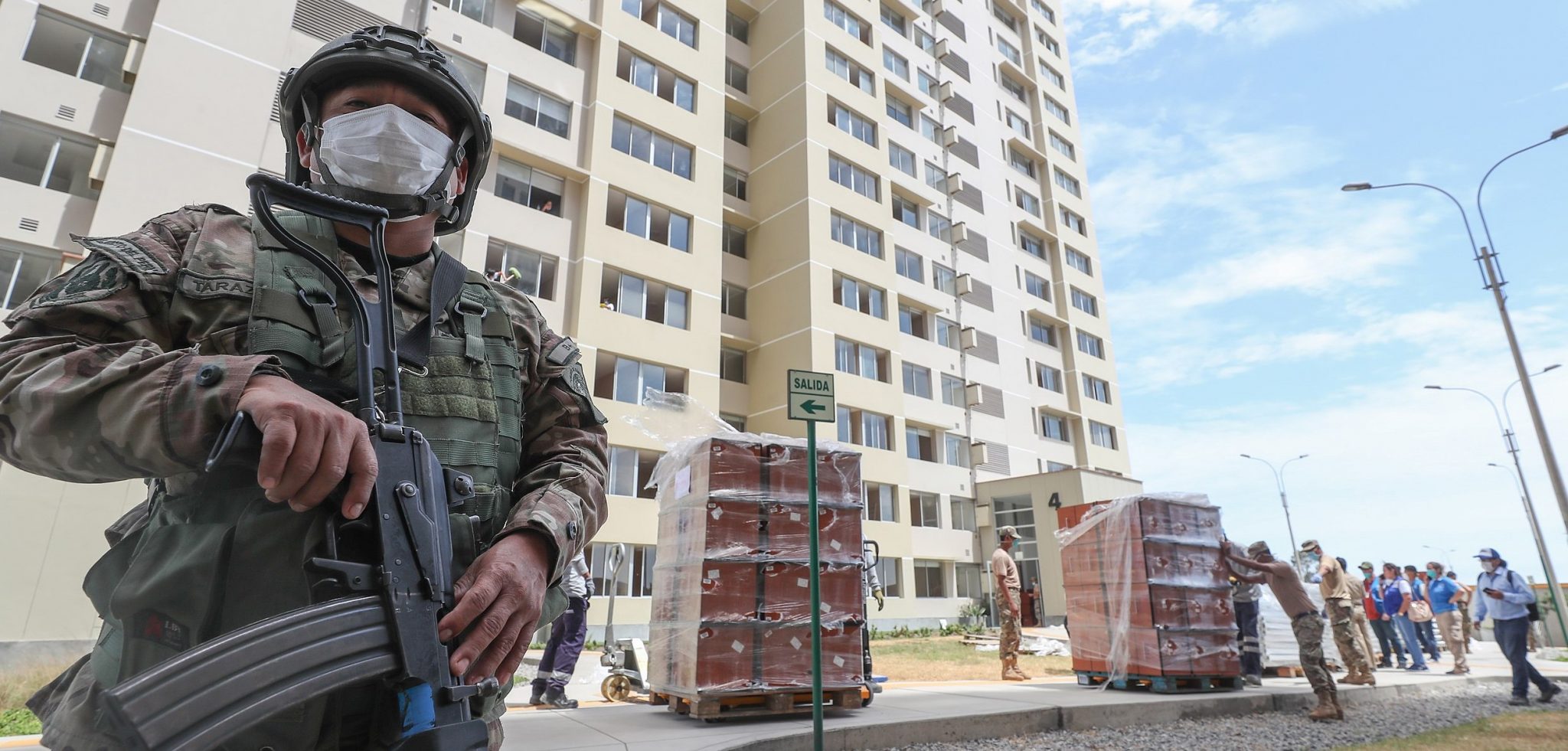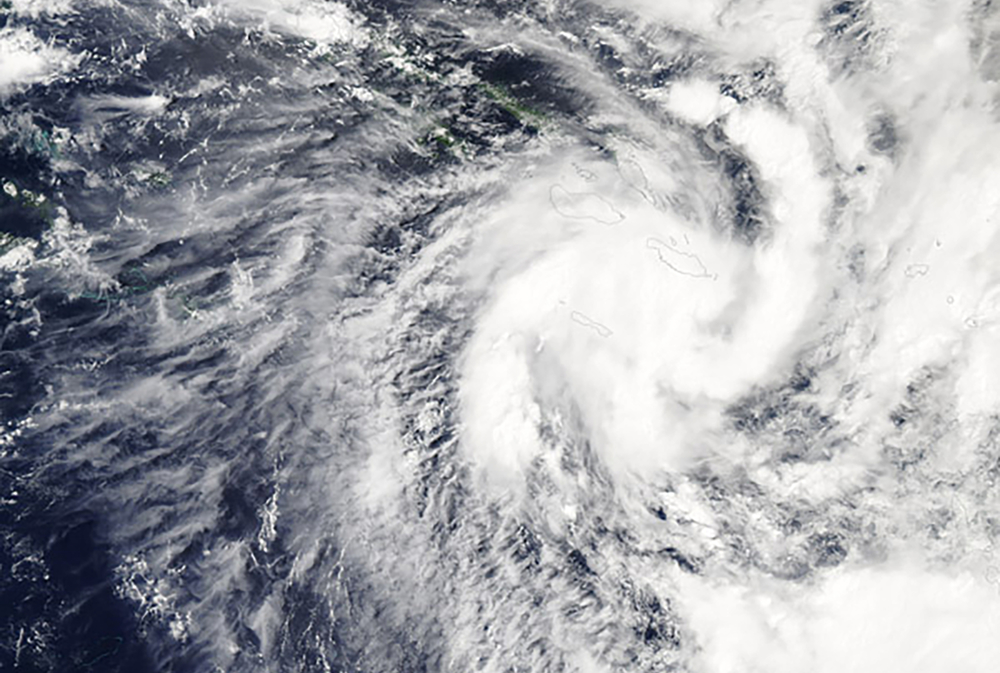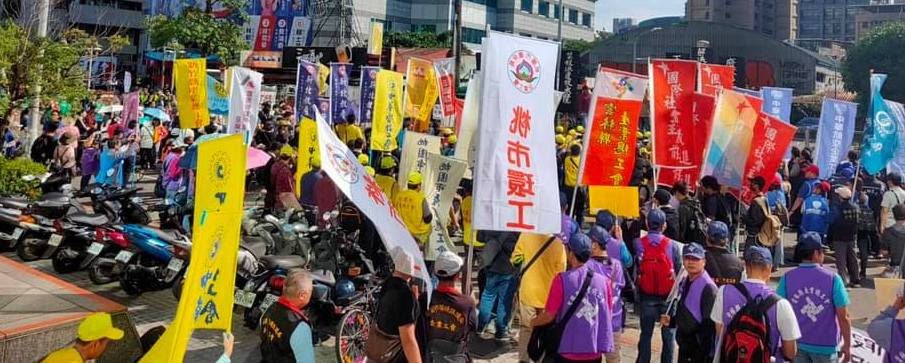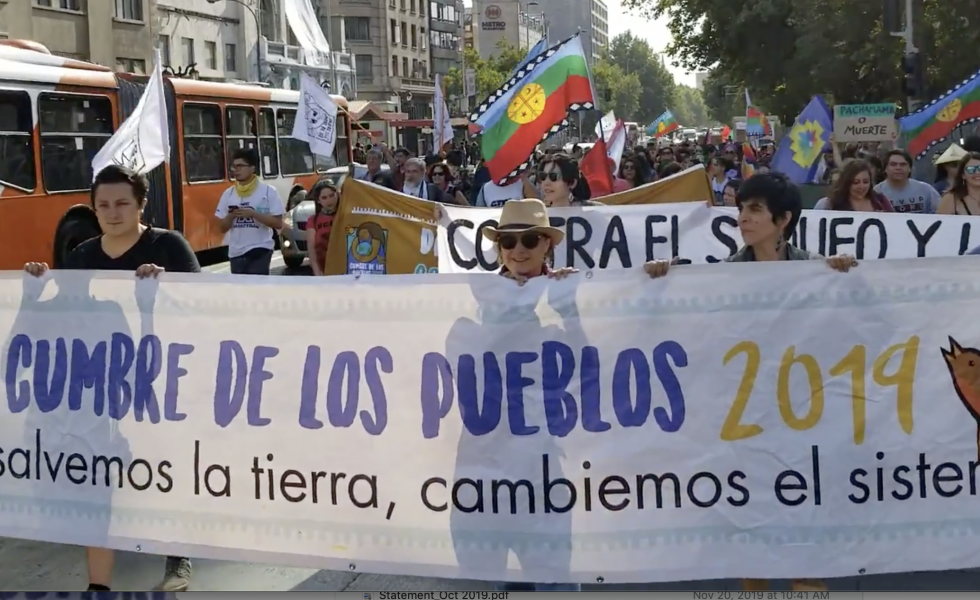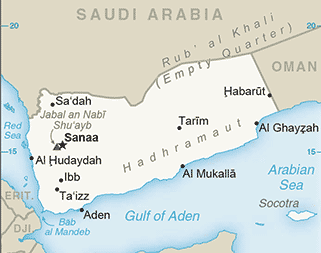
COVID-19 concern in war-torn Yemen
With testing capacity low and the health system ravaged by five years of war, nobody really knows how many people are infected or dying of COVID-19 in Yemen, but the outlook does not seem good. Hundreds of people in Aden have reportedly died with symptoms that appear consistent with the coronavirus, while in the Houthi-controlled north there are unconfirmed but persistent rumors of a cover-up to mask a rising case count. To make matters worse, the UN—concerned it can’t protect its staff from the virus inside their compound—has pulled half of its remaining international workforce out of Sana’a. (Map: Perry-Castañeda Library)



